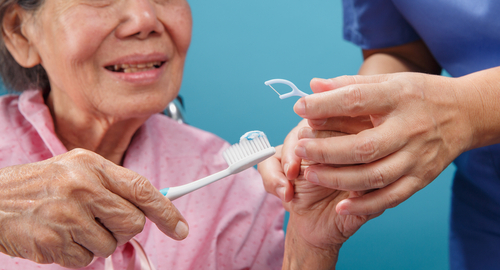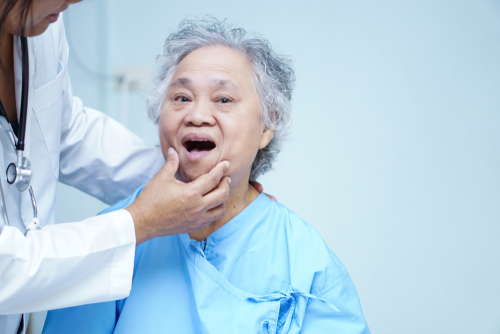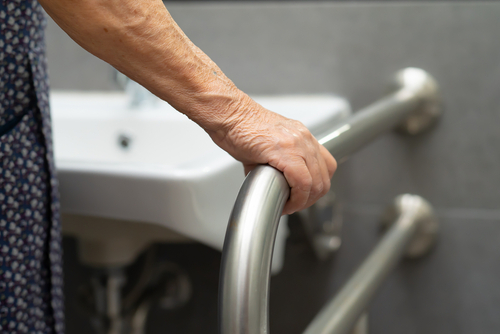
How To Clean And Sanitize Wheelchairs
November 24, 2022
Benefits Of Socialization In Elderly Care
February 21, 20235 Useful Dental Health Care Tips For the Seniors (Pro Tips)

Dental Health Care Tips For the Seniors. Part of aging gracefully concerns the care of your oral health and understanding the changes in older adults. Some of the most common problems this population will face include tooth loss which affects their chewing ability and the range of foods they will be allowed to eat.
They will also develop tooth and gum diseases, particularly if they suffer from chronic illnesses common in seniors, such as arthritis and heart diseases. The consequences of not following a proper oral health routine include gum pain, poor speech, and low self-esteem.
If you are a senior interested in improving your dental health and don’t know where to begin, this article will be a valuable resource.
Dental Health Care Tips For The Seniors

1. Watch Out For Changes in your Mouth
Unfortunately, the older you become, the higher the risk you have of developing oral cancer so learn about those small changes that could mean something wrong and require a visit to a health professional.
A sore on the lip that doesn’t heal even after using a medication, a thickening in the mouth, lips, or cheek, the feel that something is “caught” in your throat, and a sore throat that doesn’t go away, changes in your voice. Please remember that these signs aren’t always an indication of a problem, but it is still essential to go to a specialist to get a check.
2. Change Your Lifestyle Habits
Certain habits are considered harmful and detrimental to your health, even in the younger years of life but could be fatal in your senior years. This includes eating sugar and processed foods, which increase your already high risk of gum disease, tooth decay, and cavities.
And if you need one more reason to stop smoking, you should know that it increases your chance of suffering from oral cancer. Smoking leads to yellow teeth and discoloration, bad breath, and increased plaque build-up. It can make dental healing more difficult after oral surgery or treatment.
3. Brush and Floss Your Teeth Every day
There is no wait to maintain good oral health if you are not performing the basic procedures to keep your teeth clean and prevent plaque build-up. Flossing effectively removes the plaque in places where your toothbrush can’t access it; it also removes the food that builds up between your teeth which could lead to bad breath.
It reduces your chance of suffering from gum disease and tooth decay. The point of this tip that people fail to understand is that sometimes their technique is not ideal, so always go to your dentist appointment and ask them to show you how to brush and floss your teeth correctly. A lousy process can also cause damage to your oral health.
4. Use a Mouthwash
Besides the well-known brush and floss, you should use mouthwash. This provides additional benefits for seniors and is a process easy to perform.
Most of them contain fluoride that kills the bacteria that cause cavities and gum disease, some brands can help reduce dry mouth, which is one of the oral health affections of seniors, and others contain whitening ingredients that will help older adults feel better and have higher self-esteem.
5. Increase your Calcium Intake and Consider Taking Supplements
When your body notices a low calcium intake, it starts to absorb calcium from your teeth and body, which puts you at a higher risk of tooth decay. Make sure you have a calcium-rich diet, such as dairy, oranges, kale, broccoli, almonds, and sesame seeds. Talk to your primary doctor about taking calcium supplements. They will help not only your teeth but also your bones.
Dental Health Care Tips For the Seniors – Conclusion

Keeping good oral health becomes more important than ever when you are a senior because of the high risks related to tooth decay, gum disease, and even oral cancer, so follow the tips mentioned above and don’t hesitate to consult with your doctor about any doubts on how to improve your oral health and lifestyle changes.



